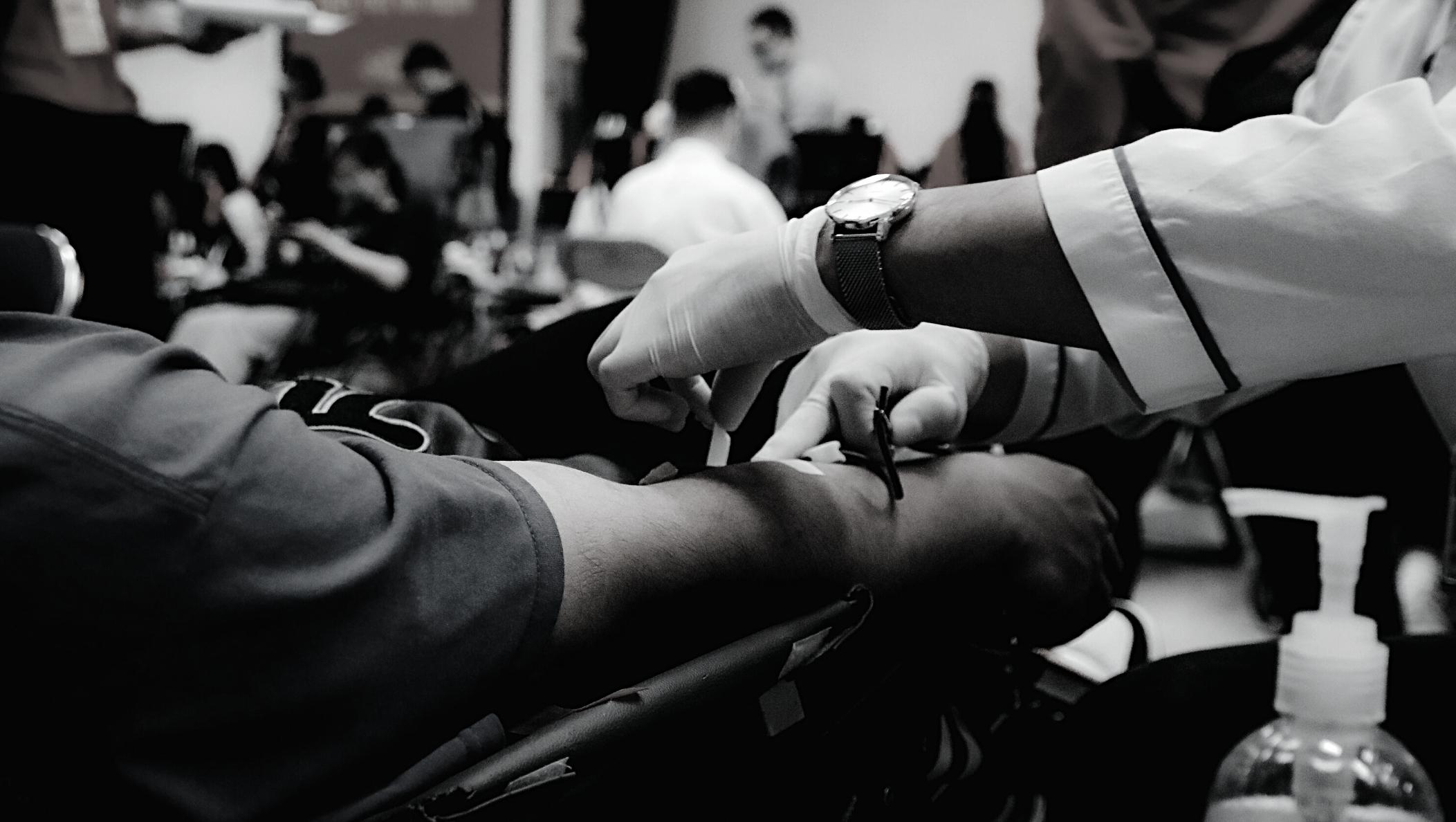

Early Summer, 2021. I was penning down my proposal for my Master’s Thesis in a clouded state of mind. I could not help but be anxious and worried for the well-being and safety of friends and family, back home in India, who were in the midst of a deadly second wave of COVID-19; possibly one of the worst the world had seen since the start of the pandemic.
Indian citizens were having to scramble to get access to depleting supplies of life-saving healthcare, oxygen and medicine.
Even during these bleak times, there was a ray of hope. When the precarious structures of both government and private healthcare institutions were crumbling under the sheer number of cases, it was civil society groups comprising of common citizens who rose to the occasion to help those in need of life-saving medicine, oxygen, access to hospital beds, financial support and even food. This was a testament to the power of united communities in fighting this deadly virus and filling huge gaps that were left in the healthcare system.
Over the following months, as I conducted my research on the relationship people have with health systems and health information in the UK, I once again found that community played a pivotal part in influencing it. I found this to be especially true in the lived experiences of persecuted, marginalised or economically disadvantaged groups when faced with a broken or discriminatory healthcare systems.
Through several conversations, workshops, seminars with users, community leaders, public health experts and community researchers, I came to understand healthcare institutions are fundamentally reliant on community for building long-lasting trust and mutual understanding. INTERIM, the eventual service I designed, was a culmination of this understanding. It harnessed the power of community to help patients waiting for surgery (sometimes for up to two years) to access the right information, guidance, critical skills and solidarity to help them cope with anxiety, anguish and not knowing.
I must admit that even though my belief in the power of community in healthcare was strong, I had my doubts about how far community goodwill could take an initiative that inevitably will require institutional support. I was pleasantly surprised to find that Centric has been building a support system keeping this very concern in mind. The organisation is providing an ecosystem to incubate and develop community innovation projects, like INTERIM, to shape them to the needs of the community and direct them to the right funding partner.
Working with Centric gave me visibility of several grassroots innovations happening within the community. Invariably, these local innovations have immensely talented people behind them, often unassumingly going about trying to bring their ideas to life, to help people from their communities – real innovations happening outside the boardrooms, serving the needs of those that often get overlooked by the creators and facilitators of mass-market innovations. As a Service Designer interested in forming human connections to build social networks of transformative change, this is proving to be a particularly exciting space, one that I’m happy to be discovering with Centric.
As I continue to develop INTERIM, I hope to be able to learn from communities on how they’ve been building resilience in the face of the NHS waiting crisis and how the service can be iterated to help them be able to do that.

Hover and click to download
COPYRIGHT 2021. CENTRIC. ALL RIGHTS RESERVED